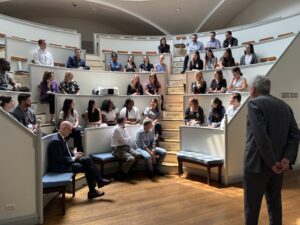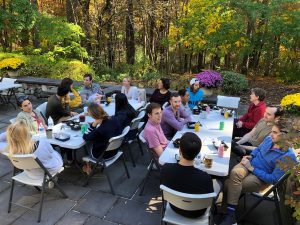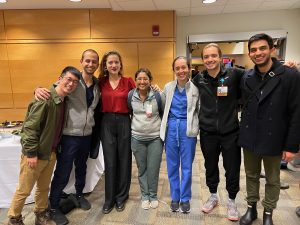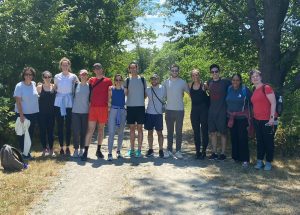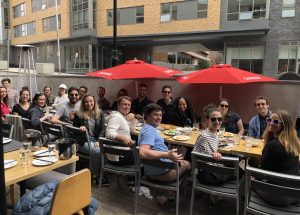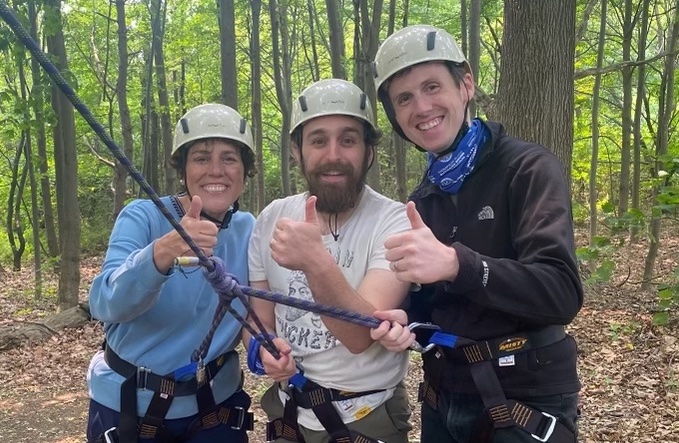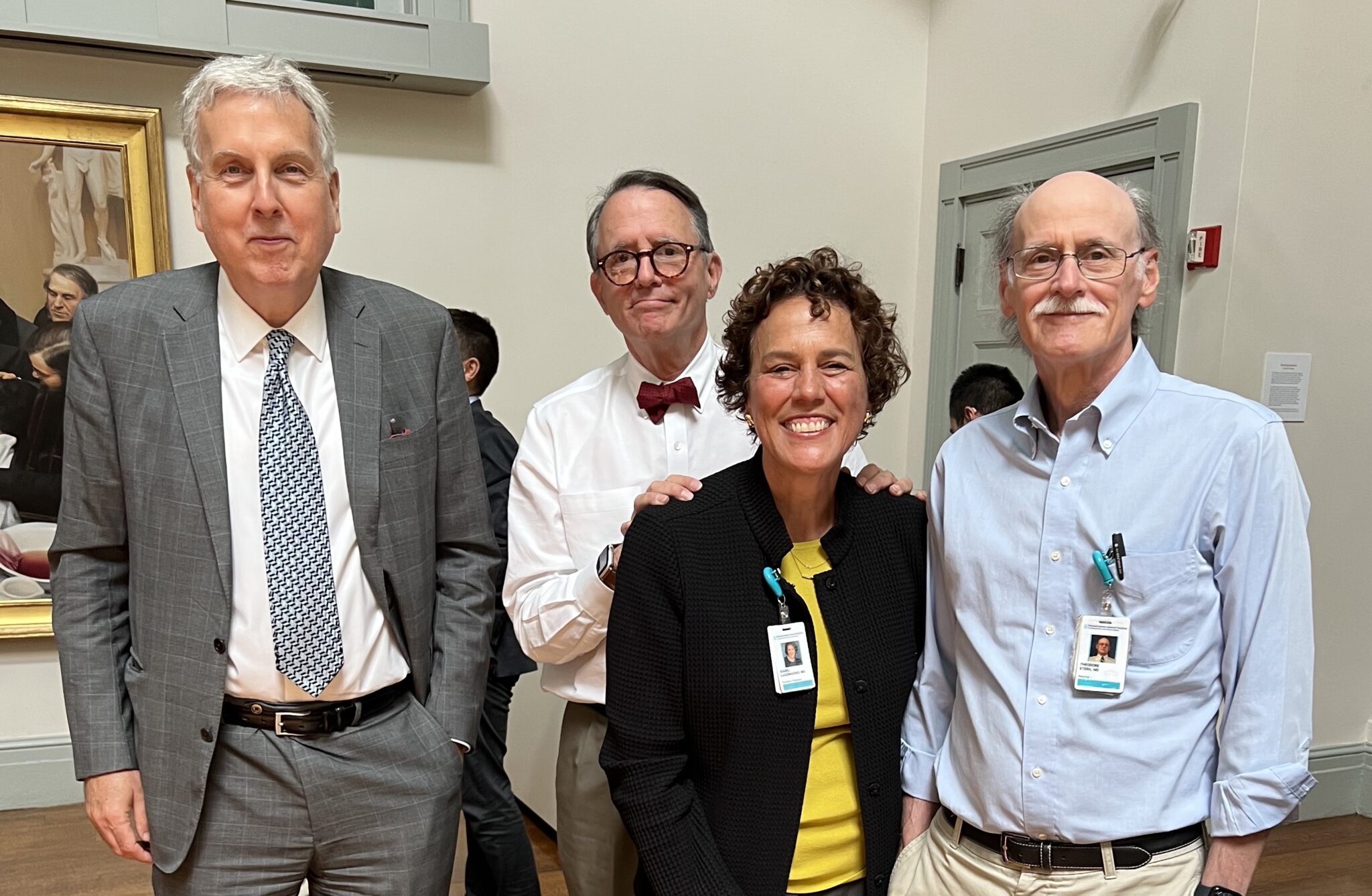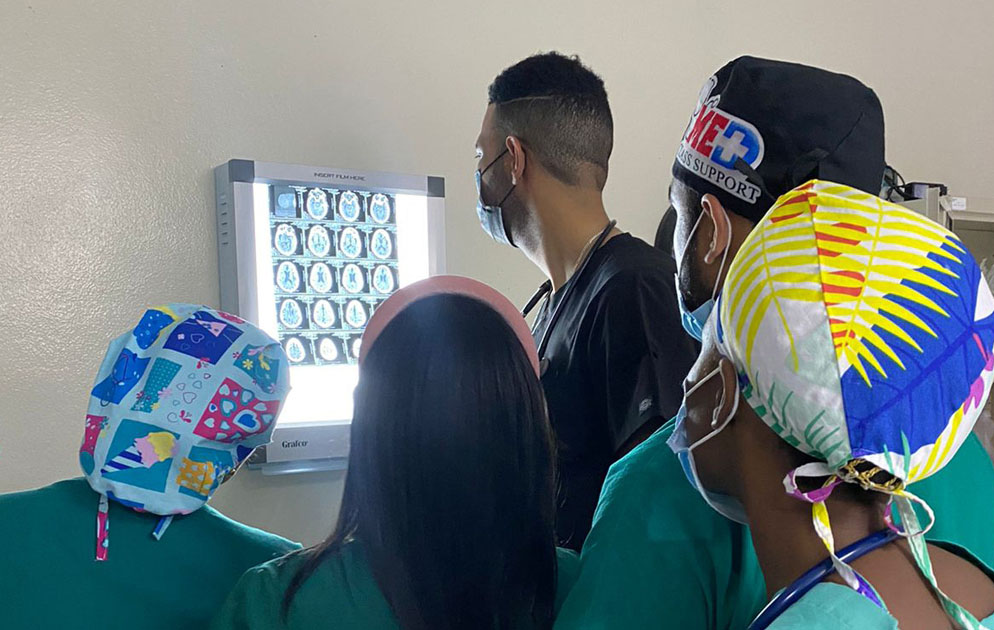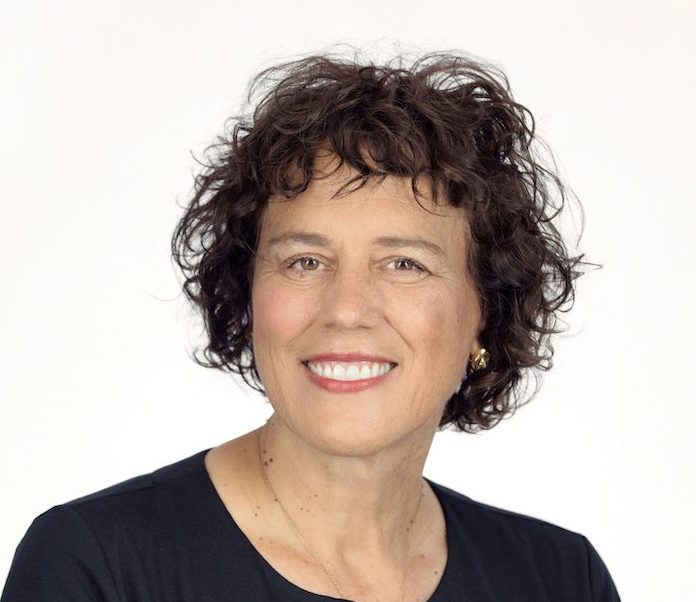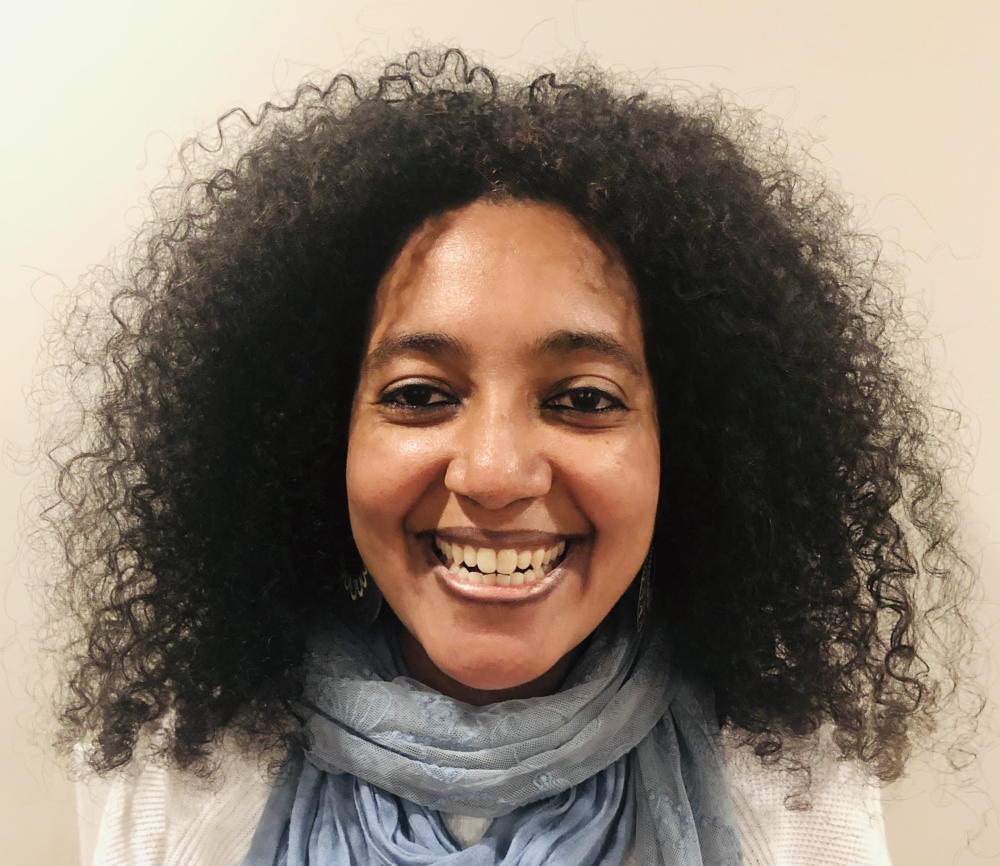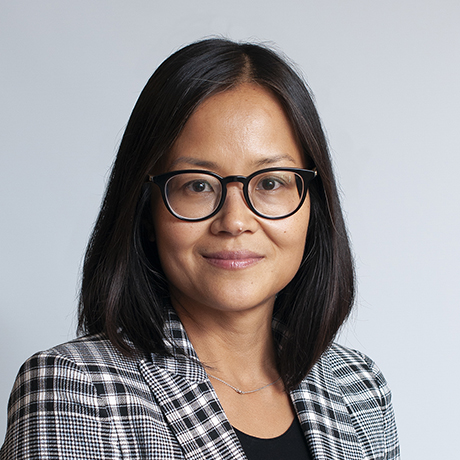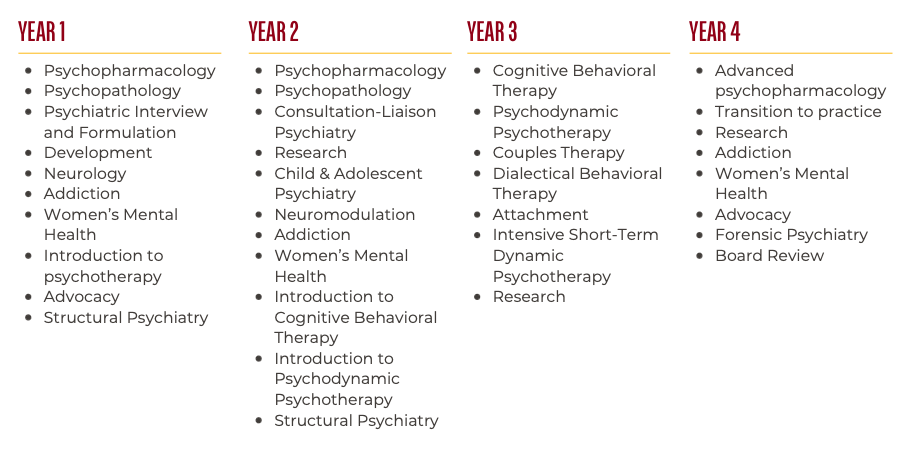Clinical, Research, and Advocacy Opportunities
Our program has rich opportunities for residents to engage in clinical care, research, and advocacy focused on reducing racial and ethnic disparities in health and quality of life.
The Harvard Medical School Office Division for Diversity Inclusion and Community Partnership (DICP) sponsors a Visiting Clerkship Program for UIM medical students. Students gain clinical experience, have multiple opportunities for networking, and learn about training programs in the Harvard system.
The MGH Hispanic Psychiatry Resident Clinic was created to improve access to high quality mental health care for Spanish-speaking patients and to promote the professional education of Hispanic residents and trainees. The clinic provides psychopharmacology and psychotherapy in Spanish for referred patients, and hosts monthly educational activities related to caring for diverse patients.
The Division of Public and Community Psychiatry focuses on providing clinical care to underserved and vulnerable populations, as well as engaging in robust residency training and community-engaged research. The Division is grounded in its commitment to social justice and to addressing mental health inequities. Residents have many opportunities to gain experience in public and community psychiatry through both scheduled and elective rotations. Residents rotate through community-based continuity clinics, a specialty mental health clinic for serious mental illness, a homeless shelter, and a correctional facility. Several community-based clinics provide tailored care for special populations, including veterans, LGBTQIA+, and transitional age youth.
A concentration in global psychiatry allows residents who are interested in global mental health to learn about service delivery, capacity building, education, research, and leadership, both locally and internationally. Interested residents are provided with additional mentorship and didactics in global psychiatry, as well as opportunities to engage in global projects. In the fourth year, residents can chose to rotate to international sites, including but not limited to Sierra Leone, Rwanda, Peru, and Lebanon.
The MGH Mongan Institute’s Disparities Research Unit conducts research to improve health care service delivery to diverse populations. Close collaborations with multidisciplinary teams of researchers and mentors at the Mongan Instituteallow residents to contribute to ongoing research and to develop proposals for new areas of study.
The Historically Black Colleges and Universities (HBCU) Research Collaboration expands resident opportunities to engage with a community of diverse scholars. Residents participate in a shared virtual curriculum with researchers and trainees from HBCUs and have access to additional mentors and research projects.
The Summer UIM Research Program sponsors medical students who are from groups UIM to conduct mentored research at MGH, McLean, and Harvard Medical School. Students work closely with research mentors, engage in weekly discussion on scholarly topics, and gain research and presentation skills. Students also have opportunities for networking and for shadowing faculty and residents on clinical services.
The Residency Advocacy Committee is a group dedicated to challenging systemic disparities in our hospital and communities by promoting activism and service. Residents participate in projects that range from advocacy at the local and national levels for policies that promote mental health, to volunteering at local community-based organizations that serve vulnerable populations.

